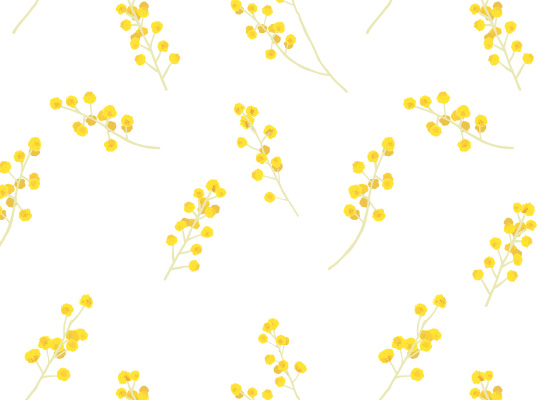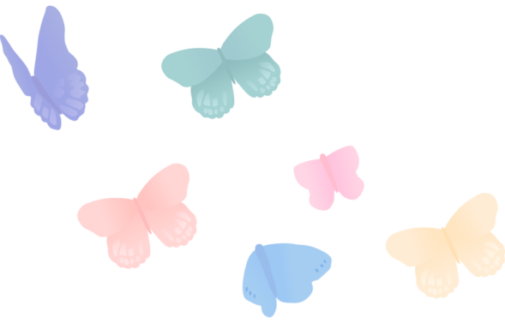A Japanese proverb goes, 自己知識は万事の基準 (Jiko chishiki wa banji no kijun)
“Self-knowledge is the foundation of all things.”
Looking back at my childhood, I have tremendous compassion for that little girl who had to carefully wade through a complex world at such a young age. It was a delicate balance, leading a double life between the charming and sweet side of my father when he was sober, and the dark side that emerged when he wasn’t. The reality of his drunk behavior was something I quickly learned to keep hidden, a shameful secret that I carried with me.
I slowly learned I had to steer through my father’s unpredictable moods. l tiptoed around this minefield, a futile attempt to avoid triggering his anger. There was no escape. I lived hyperaware and vigilant, sensitive to even subtle changes in the tone of his voice and actions. Yet, somehow, I managed to adapt to these terrible circumstances, putting on a brave face despite the turmoil at home. Now, as an adult, I often reflect with much sadness that all over the world little children have no choice but to face similar adversity.
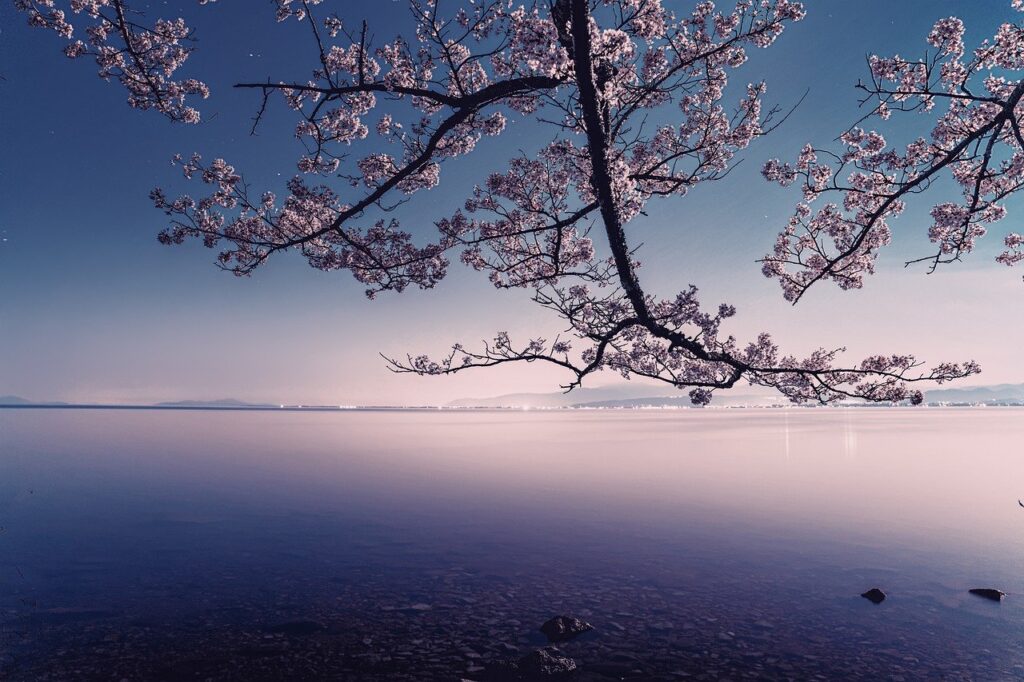
To the outside world, especially my friends, I presented a happier and more polished version of myself. No one knew the truth —the repeated violent outbursts after midnight, the tears that stung my face, and the pounding of my heart as I sought solace from a plushy brown rabbit, trembling with terror until exhaustion lulled me to sleep.
School became my happy place where I could momentarily escape the misery of home and be a typical student, blending in seamlessly with my peers. It was my way of seeking acceptance and trying to be someone I thought people would like. And that’s how I carried on, seeking validation, longing for acceptance. But I was pretending to be someone I wasn’t. In fact, I didn’t even know who I was.
As I entered my early 40s, I found myself feeling very lost and empty. Depression set in. The echoes of my childhood experiences lingered, and the 10-year marriage that followed, where my ex-husband tried to shape me into his ideal subservient Japanese wife, only added to the confusion. Despite the outward appearance of a comfortable lifestyle and his generosity, it had proved to be the loneliest period of my life. Eventually, through the process of divorce I finally had to confront myself, peeling back the layers and examining the wounds that had accumulated over the years.
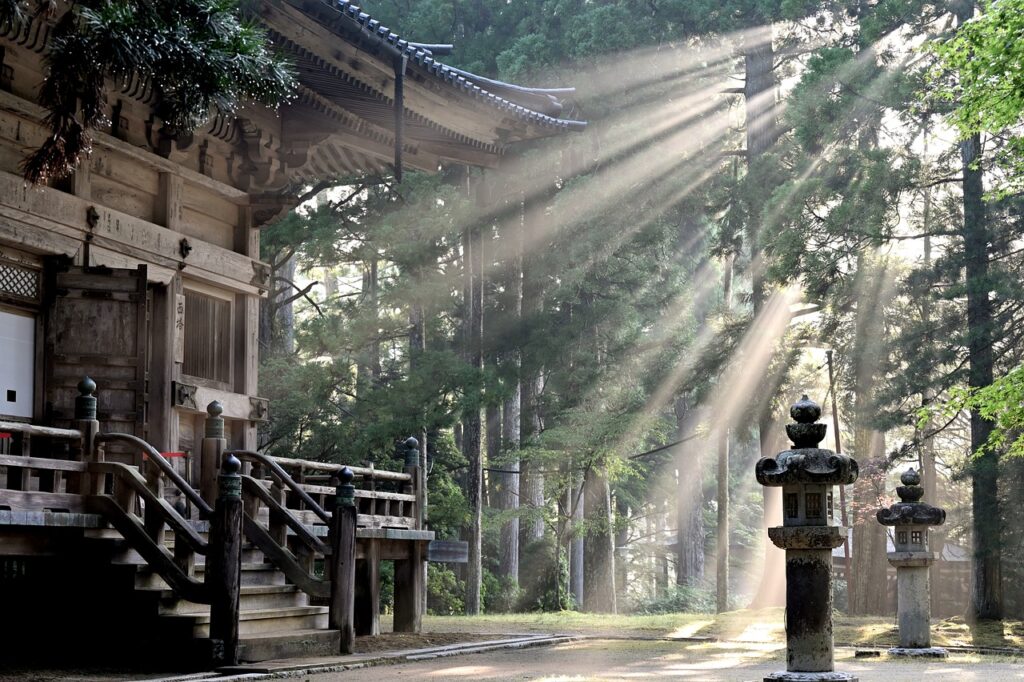
I went to therapy and began to unravel the complexities of my past. I also started hypnotherapy and found support in the company of a few girlfriends. I was told I needed to forgive my father and that would set me free. I did my best to do so and I gradually began to feel better, I started to slowly move towards independence and rediscovering my own voice. In time, I tentatively re-entered the world of dating, feeling a mix of intimidation and excitement. However, my past experiences left me unsure of how to navigate a healthy relationship, and I found myself slipping back into familiar patterns of becoming someone I thought would please my partner.
When that relationship also came to an end, I was devastated and utterly confused. It took five more years of emotional breakdowns and health struggles to finally realize that I needed a break and hard reset. I just wasn’t sure how. Then, as these things tend to happen, my step mother mentioned in passing that her friend was finally making headway in healing childhood issues from attending ACA or Adult Children of Alcoholics meetings. I had never heard of it.I looked it up.I started reading and didn’t get up until hours later. Everything I read rang true. I immediately found a local group.
Gradually, it became clear that I had a lot of work to do to heal the traumatic experiences of my childhood. Those childhood issues though long in the past were far from resolved. I learned that “over” or “in the past” does not equate to “healed.” It was a realization that changed my life. I begun the hard healing work. I hated having to talk about those memories and in fact I had blocked off so many memories, bringing them to the surface was the same as reliving them again, but it was necessary. At times, I wished that I had started a decade earlier, but as it is wisely said – things come to us when we are ready.
I’ve noticed a shift within myself. I’m less anxious, more calm, and increasingly gentle and loving towards myself. As I continue to reparent my inner child, I’ve reached a point where I no longer seek validation from others and am becoming more comfortable with who I am. While I’m far from perfect, I feel more authentic than ever before. I’m still on a journey of self-improvement and continue to struggle with opening up and trusting others. However, I’m now willing to try, and I hold onto a sense of hope and optimism as I continue to heal and grow.
My journey has taught me that self-discovery is a unique and ongoing process. It’s not about reaching a destination, but about continuing to heal, learn and grow throughout life. To anyone going through similar struggles, know that it’s okay not to have all the answers right away. Keep moving forward, stay curious, and remember: you’re not defined by what happened to you. There is so much more to you, and more to come. It’s never too late to find healing and create a brighter future, no matter how difficult things may seem.
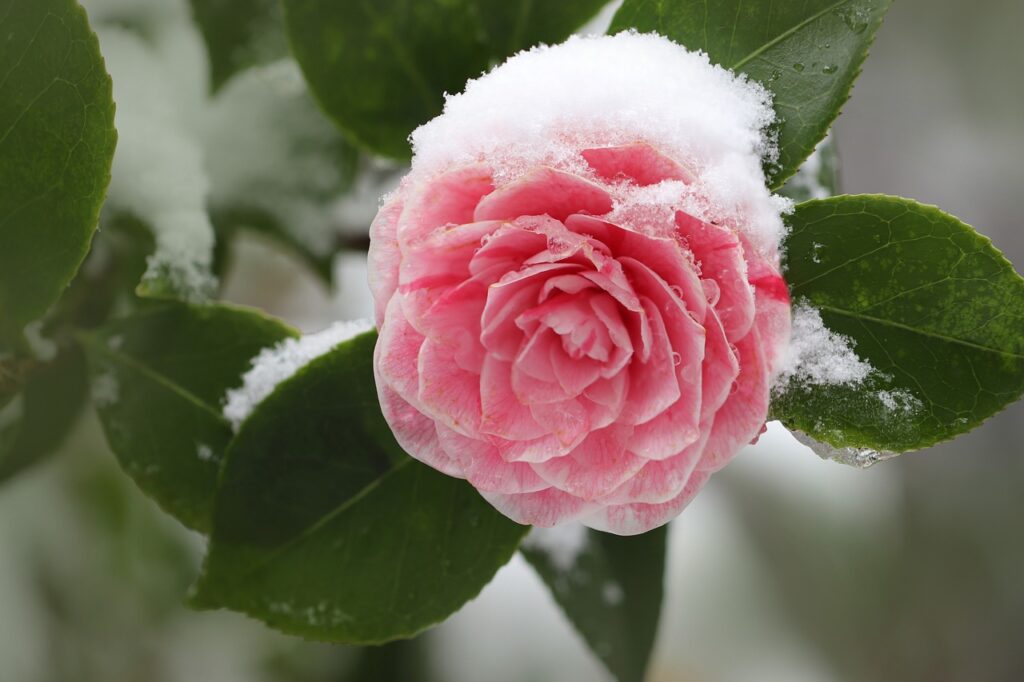
Winter Camellia. 花は遅くても必ず咲く (Hana wa osokutemo kanarazu saku)
“Even if the flower blooms late, it will surely bloom.”
Images from Pixabay
